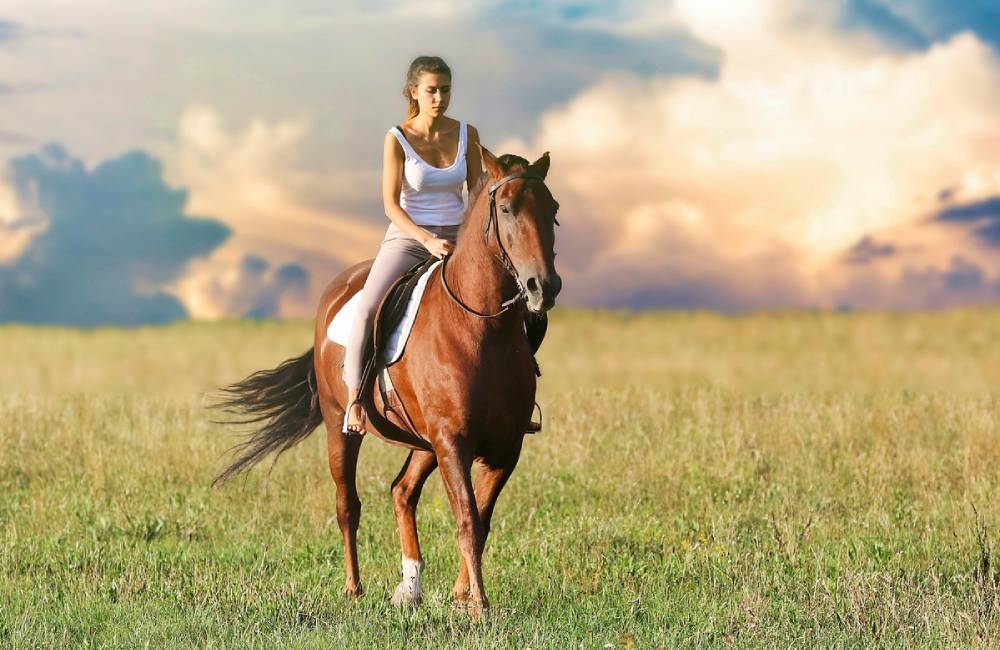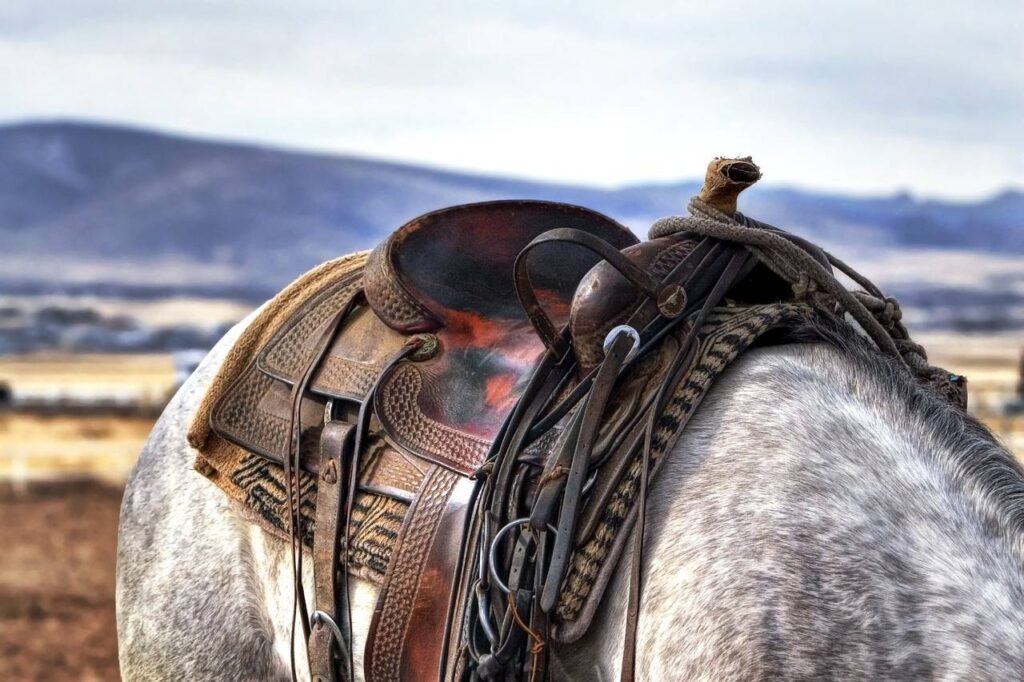
Buying a horse is exciting, but it is a significant decision that requires careful consideration. Owning a horse can bring immense joy, but it also comes with responsibilities and financial commitments. Before taking the plunge into horse ownership, assessing several factors is crucial to ensure you are ready for this lifelong commitment. This article explores the factors to check out when buying your first horse.
Budget
Owning a horse comes with financial responsibilities beyond the initial purchase price. Consider your budget for ongoing expenses such as boarding, feed, veterinary care, farrier services, tack, and equipment. The reputable horse feed providers behind www.forageplus.co.uk suggest that it is essential to prioritize your horse’s nutritional needs to maintain their health and well-being. Additionally, unforeseen veterinary emergencies or unexpected expenses may arise, so it’s essential to have a financial cushion to handle such situations. Carefully evaluate your financial situation and ensure that you have a realistic budget to provide for the horse’s well-being and your equestrian pursuits.
Time and Commitment
Horses require daily care, exercise, and attention. Assess your availability and commitment to dedicate time to your horse’s needs. Daily tasks include feeding, grooming, turnout, stall cleaning, and exercise. Depending on your schedule, you may keep the horse on your property or board it at a professional facility. Either way, allocating sufficient time to bond with your horse, develop a routine, and ensure their overall well-being is essential.
Experience and Skill Level
Your level of experience and horsemanship skills should be the foremost consideration when buying a horse. Horses are intelligent and sensitive animals that require proper handling, training, and care. For a beginner rider, you should seek guidance from experienced equestrians or trainers to help you find a suitable horse that matches your skill level. Investing in riding lessons and gaining experience under the direction of professionals will also enhance your confidence and ability to handle a horse effectively.
Consider your riding goals and the discipline you are interested in pursuing. Different horse breeds and individual horses have varying temperaments and abilities that align with specific fields. Whether you aim to ride for pleasure, compete in shows, or engage in particular disciplines such as dressage, show jumping, or trail riding, choosing a horse that matches your aspirations is crucial. Consult with experienced equestrians or trainers to help you find a horse suitable for your desired riding goals and discipline.
Building a network of support and knowledge is invaluable when buying your first horse. Seek guidance from experienced horse owners, trainers, or riding instructors who can provide valuable advice and mentorship. Join local equestrian communities, participate in clinics or workshops, and educate yourself on horse care, training, and health. Having a solid support system will broaden your knowledge and confidence as well as provide assistance and guidance as you navigate the joys and challenges of horse ownership.
Horse’s Age, Training, and Temperament
The horse’s age, temperament, and training are some key considerations that you must assess before making a purchase decision. Young or green equines may require experienced trainers for further education, while well-trained and seasoned horses may be suitable for novice riders. To evaluate a horse’s temperament, assess its energy level, willingness to work, and compatibility with your riding style and personality. Seeking professional assistance can also be beneficial, especially if you are a first-time buyer.
Another crucial aspect of purchasing a horse is ensuring its overall health and soundness. Consulting a veterinarian for a pre-purchase examination can help you evaluate the horse’s physical well-being, soundness, conformation, teeth, and joints. This examination will help identify any existing or potential health issues that may affect the horse’s suitability for your needs and long-term well-being. Furthermore, the vet can identify any potential underlying medical issues that may impact your horse’s health and performance.
Compatibility and Chemistry
The connection between you and the horse is crucial for a successful partnership. Spend time interacting with the horse to gauge its temperament and personality. Assess how comfortable you feel around the horse and whether you share a mutual understanding. A positive connection and chemistry will create a more enjoyable and rewarding equestrian experience.
Long-Term Plans
Buying a horse is not a short-term endeavor. Equines have an average lifespan of 25 to 30 years, requiring consistent care and attention throughout their lives. Consider your long-term plans and commitments to ensure you can provide the horse with a stable and loving home. Think about how owning a horse fits into your future aspirations, such as your career, family, and personal goals.

Conclusion
Buying your first horse is a significant step that requires careful consideration of various factors. Assess your experience, budget, time commitment, riding goals, and the horse’s age, training, and temperament. Seek support from experienced individuals, conduct a pre-purchase veterinary examination, and ensure compatibility and chemistry between you and the horse. By considering these determining factors and seeking professional guidance, you can make a wise decision and embark on a fulfilling journey as a horse owner. Remember, horse ownership is a lifelong commitment, and with proper preparation, you can create a solid and rewarding bond with your equine companion.
